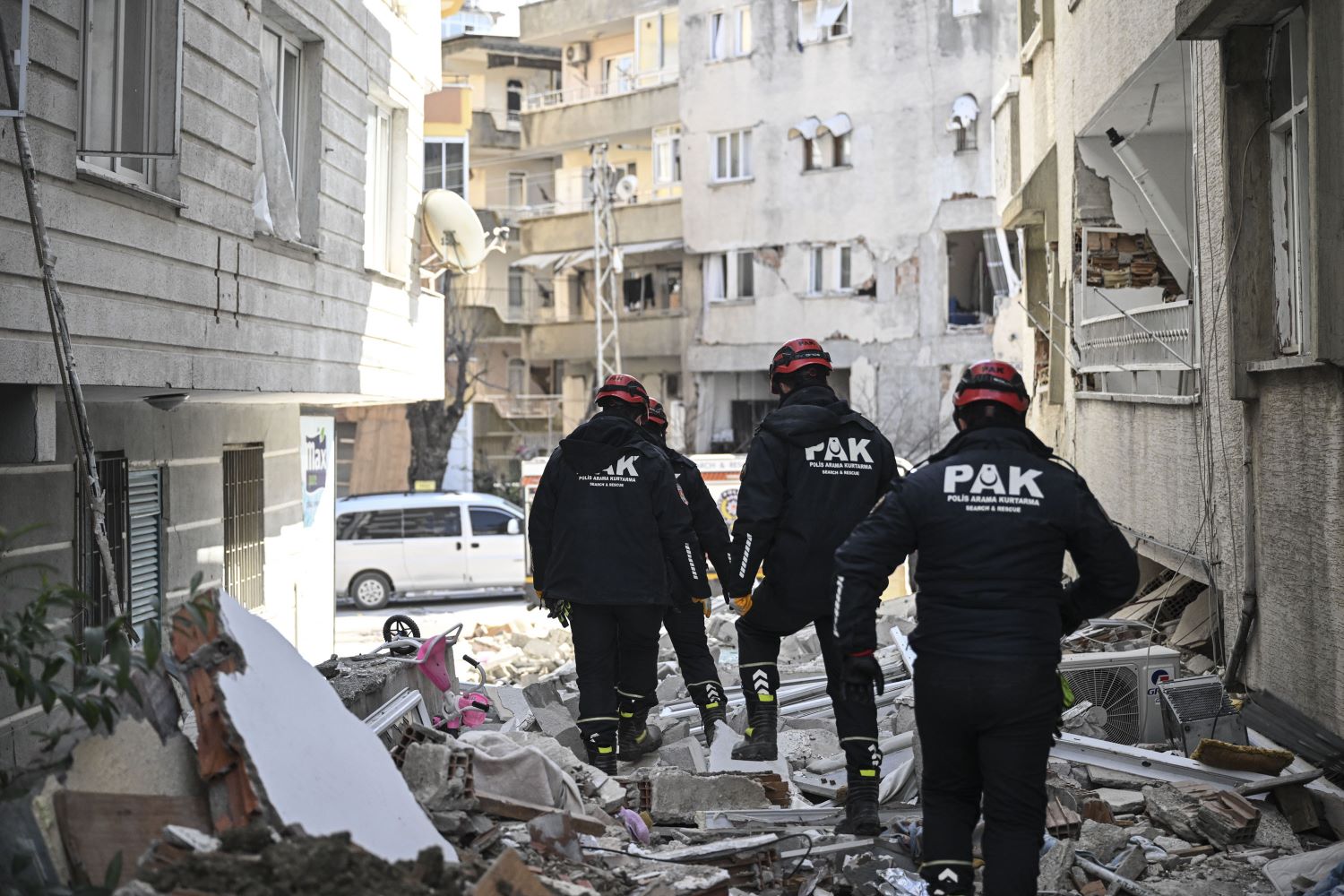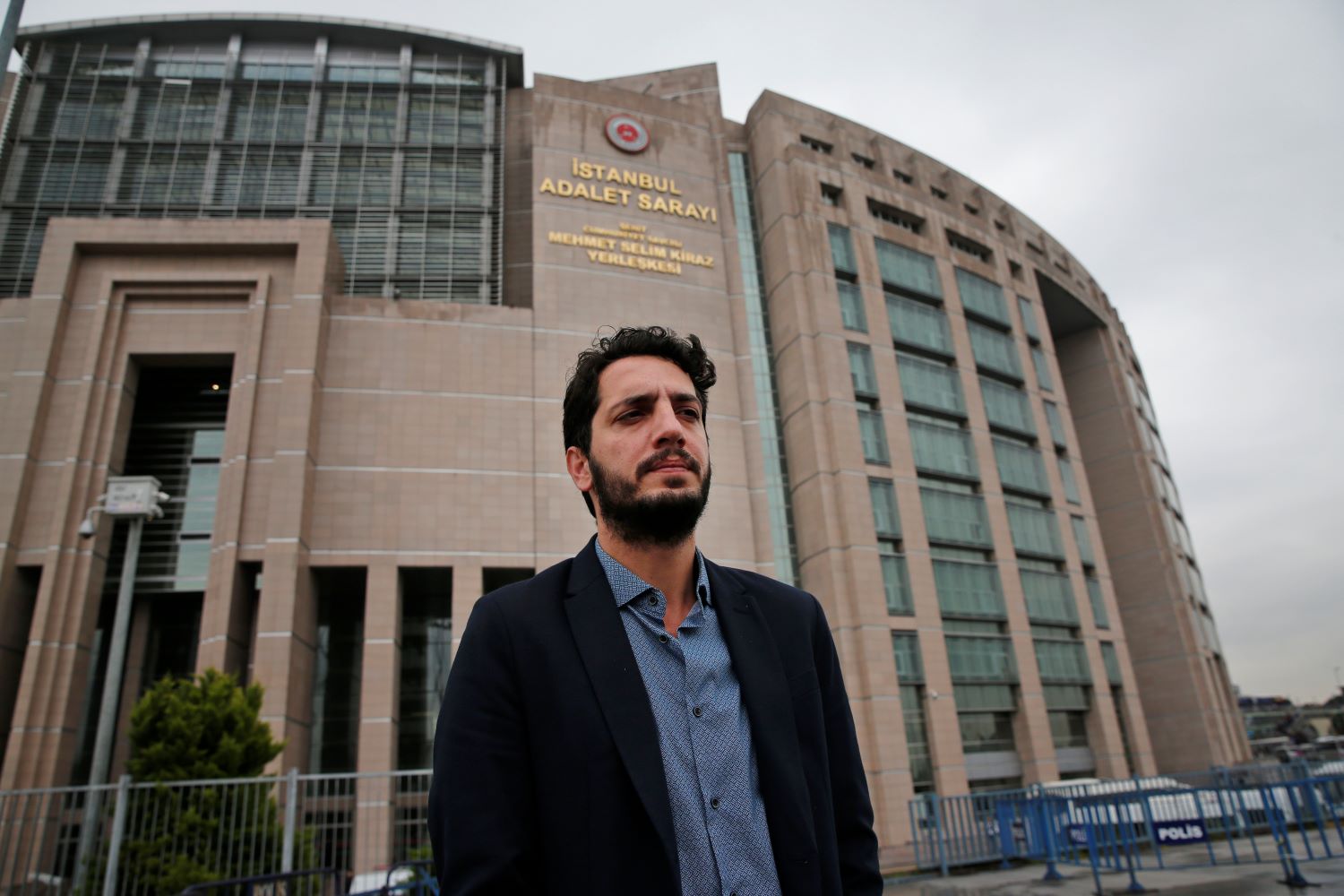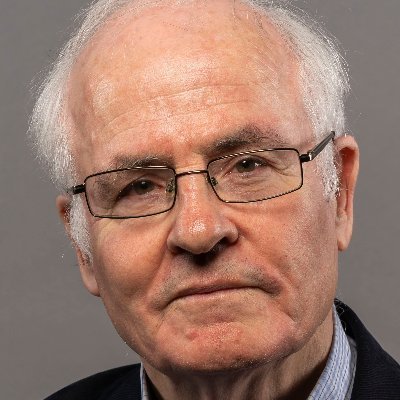Media workers have played a vital role in ensuring help arrives for earthquake victims in Turkey, but many claim they are being prevented from doing their jobs
In the aftermath of the devastating earthquakes in Turkey and Syria, journalists have played a huge part in relief efforts.
“Many were instrumental in getting people out of the rubble,” says Barış Altıntaş, co-founder and co-Director of the Media and Law Studies Association (MLSA). “Finding tents or food for those in need, sometimes arranging for transportation of displaced people. Their reporting only shows part of how crucial they have been during this disaster time.”
As I wrote in the immediate aftermath of the earthquakes earlier this month, when news organisations were beginning to arrive in the affected areas, journalists walk a fine ethical line between doing their job as reporters while at the same time giving practical help to people overwhelmed by the tragedy.
In the critical hours after the earthquake, many joined humanitarian aid workers in helping to save people trapped under collapsed buildings and piles of rubble.
But in the following days, journalists have found themselves in the firing line, facing obstruction from the authorities and subject to threats of violence.
MLSA, based in Istanbul, reports that journalists have been detained, openly prevented from working or been targets of physical and verbal attacks. They report attacks on journalists by village guards, the police and angry crowds.
“We now know that at least 17 journalists residing in the disaster areas died in the earthquake, and this number will possibly go higher as identification of dead bodies continue,” says Altıntaş.
The rapid response of journalists and NGOs when the earthquake struck contrasts with the inaction and slow response of the state which appeared initially to be paralysed by the scale of the disaster.
“People feel they have been completely abandoned,” says Altıntaş. “Intense rage and anger - which is justifiable - is turning against journalists and we are extremely concerned about their safety.”
She adds that President Erdoğan has threatened that once the initial disaster relief work is completed, those who have been critical of the government response - including news media and civil society groups - will be punished.
“The entire society is under the rubble, and journalists who are demanding answers about responsibility of this scale of manslaughter are being threatened for asking the right questions,” she says. “It is like an apocalypse, a horrible dystopia.”

The search and rescue efforts in the affected area, already hampered due to lack of coordination and harsh weather conditions, were made even more difficult by restrictions imposed on social media and weak mobile communication services.
On February 8, two days after the disaster and alongside the declaration of a state of emergency, the government made the decision to shut down Twitter for nine hours. This immediately held up coordination of NGO relief efforts, obstructed news media trying to report the story and even led to muffling of the voices of hundreds, perhaps even thousands of people under the rubble.
This action shocked civil society and led to a criminal legal action filed by the MLSA co-director Veysel Ok which accuses mobile network operators and the state communication authority, of “misuse of public duty”, “reckless killing” and “reckless injury”.
The shutdown, Ok says, was an act of desperation by officials embarrassed by rapid and decisive action on the part of civil society and the media community which exposed the ponderous and slow progress of official rescue efforts.
“It is hard to gauge the numbers,” says Altıntaş, “but without the action of NGOs and journalists rushing to the region, the number of lives lost would have been even more.”
She warns that the response of journalists and human rights defenders may yet lead to a new backlash from the government and state officials as initial grief over the wide scale destruction turns to anger and criticism over the government's slow response.
There have been numerous reports of journalists being harassed or prevented from reporting freely. In an article published in Gazete Duvar on February 10, Diyarbakır-based journalist Vecdi Erbay described journalists being prevented from filming rescue efforts by police officers on the grounds that they didn’t have press cards issued by the Presidency’s Communications Directorate.
Many journalists reported how official interference has made their job even more difficult and has severely affected the efforts of volunteers and independent search and rescue teams.
Among them is Haluk Levent, a Turkish pop star who achieved fame in the 1990s and who has been a stand-out supporter of rescue efforts through his charitable organisation Ahbap which he set up in 2017.
The organisation operates in 68 Turkish cities and focuses on a range of humanitarian causes in Turkey.
Following the earthquakes, it offered immediate support to the victims. As well as taking donations, the organisation's website provided an “Earthquake Safe Spots Map", showing locations where people could go to for shelter including sports centres, dormitories, stadiums and restaurants.

As anger over the slow government reaction grew, many on social media pushed for donations to go to Ahbap rather than the government’s official Disaster and Emergency Management Authority. This led to a brief social media spat with a troll army of government supporters attacking Ahbap. Levent had to intervene himself calling for an end to division and saying that both organisations should be supported.
Kenan Sharpe, a freelance journalist who focuses on entertainment, music and culture in Turkey, told Middle East Eye that the reaction was indicative of how many in Turkey had felt badly let down by the state in the initial hours after the quakes.
Journalists in the region and the hundreds who have poured into the disaster area from abroad face stiff professional challenges, not least to avoid manipulation of the story by the government in Ankara which, critics claim, has mobilised an army of nationalist trolls to challenge government critics.
In Syria, the situation is even worse. The country is still suffering as a result of the civil war, and political divisions make it difficult to mount an effective rescue mission. Nine days after the disaster struck, the United Nations was still struggling to get warring parties to allow life-saving rescue teams and urgent food into the devastated region of Northern Syria.
Already the rescue effort is moving into a new phase in which political in-fighting and a propaganda battle over responsibility for official failings in dealing with the catastrophe is threatening to overshadow efforts to provide care and support for the millions of people affected by the tragedy.
Mustafa Kuleli, General Secretary of the Turkish Journalists Syndicate, says that government-backed media commentators are avoiding giving voice to critics on the ground and are trying to manipulate scientific opinion to suit government excuses for its failings.
“Some TV reporters literally hide the microphone behind their back so the earthquake victim can’t be heard,” he says. “Others blame victims who criticise the state accusing them of spreading fake news. They reflexively believe that anyone who criticises the governing AKP party must be lying.”
He says that Turkey’s office for communications is running a propaganda campaign called “The Disaster of the Century” which argues the earthquake was so big that no one could respond properly. “All it does is promote fatalism, not action,” said Kuleli.
He also says international scientists have been sucked into a political debate by pro-government media.
One scientist, Dr Tuğrulcan Elmas, outlined the seriousness of the problem on his Twitter feed: "Unfortunately, the Turkish media interviewed many seismologists, not to learn from them but to reinforce the narrative that "the earthquake was too big to handle", despite the fact that the experts also underlined the negligence in applying the earthquake regulations. Shameful.”







































